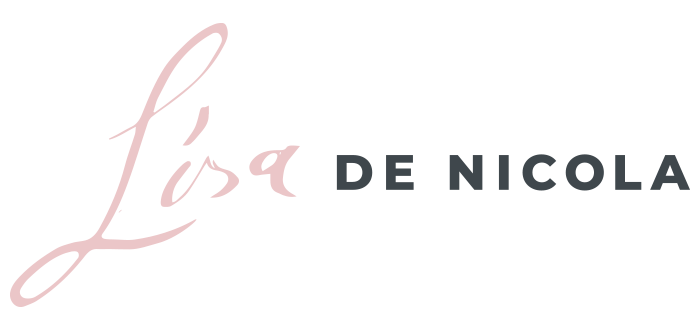Crisis leadership is a phrase that’s come across lately as ‘buzz like’ during this pandemic. It’s interesting as there are crises all over the world even before COVID-19 and likely we’ll experience again sometime in the future, yet I don’t recall hearing this phrase as much.
Leading in times of crisis often brings about reactionary or impulsive behaviours and decisions. Naturally, leaders are having to think critically (or so we hope), yet swiftly and quickly leaving very little time to be thoughtful, strategic and with care.
Understandably, time has not necessarily been on our side when this pandemic hit. Not in the sense where we don’t have time (I think we now have plenty), but more so when making decisions that affect our businesses and leading our organizations.
Leaders were forced to make decisions that would impact their people and themselves immediately. Transitioning to a remote working environment without the appropriate time to plan or communicate such a transition. They also had to make decisions that would impact their vendors, suppliers or partners – essentially, anyone that helped create their product or service and had a hand in selling it.
Lastly, they also made decisions that would impact people like you and me – the consumer. Considering things like moving to an online platform (if that was even an option or feasible) and changing the buying habits and needs that may or may not impact the customer experience.
This is leading in crisis. Leading in uncertain, turbulent and unstable times.
They’re not easy decisions to make yet making them impulsively and swiftly can sometimes create more challenges than solving them. In other words, making them without giving thought to the intention behind them and the careful thought that responding would offer vs. reacting offers, is a recipe for disaster.
Intentions allow us to be deliberate with our focus and attention. In practical terms, it says, “this is what I want to happen” or “I intend for (fill in the blank) to happen” or “here’s where I want to put my energy.”
To be clear, it’s less about what you ‘do’ and more about being conscious and aware of where you’re putting your time and energy. In other words, you’re being very specific and giving forethought to what you want to plan and the actions you’re willing to take.
As the late Dr. Wayne Dyer said:
“Our intention creates our reality.”
Imagine what using a simple tool like intention setting could do when faced with making hard decisions (or any decision) for your business while leading in times of crisis?
Decisions will continue to be made about your business and your people as you lead through this time of uncertainty. Consider the following prompts as you make decisions regarding any of the above mentioned:
- What adjustments or changes do we need to make regarding (fill in the blank)?
- Who is this decision impacting?
- What is the purpose of making X decision? What is it solving and who needs to be involved?
- What are the resources needed to address (fill in the blank) and when do I need them by?
- What will the financial, operational, etc. impacts be from making this decision(s)?
These questions serve as a start in your evaluation to help you to 1.) be thoughtful in your decision and 2.) support your intentions. Of course, questions you may go through could look a little differently depending on your intention.
As you lead during this ongoing time of uncertainty, as you face decisions big or small, consider your intentions before making hard decisions that will impact any area of your business. More importantly, take time to respond vs. continue to react.
The opportunity of not being diligent in your decision making may not seem necessary and you’ll likely say, “we just don’t have time” yet the cost of not taking the necessary time I imagine could cost you more than you bargained for. The risk is yours.
What would be different about your business if you set intentions when making major decisions?
Let me know in the comments below!
To your success,
Lisa 💖





